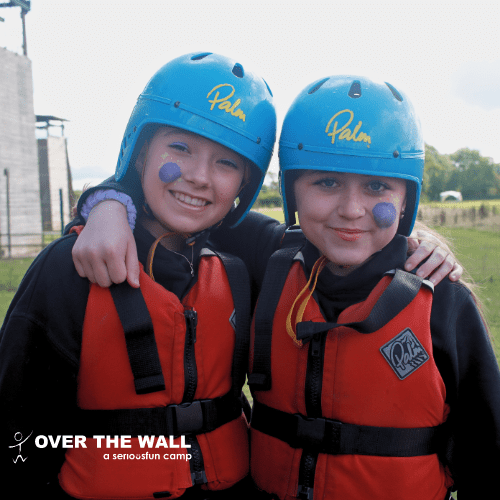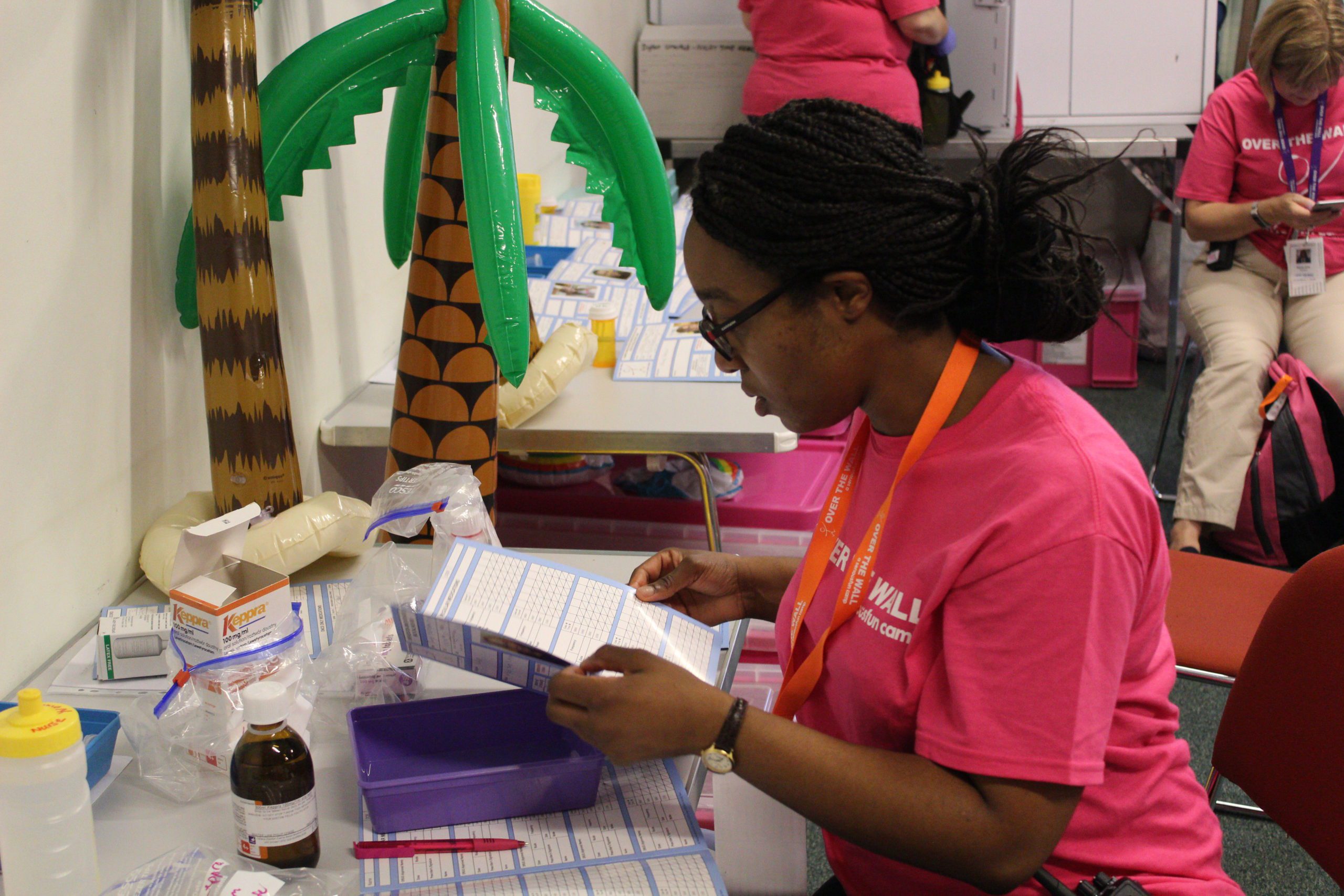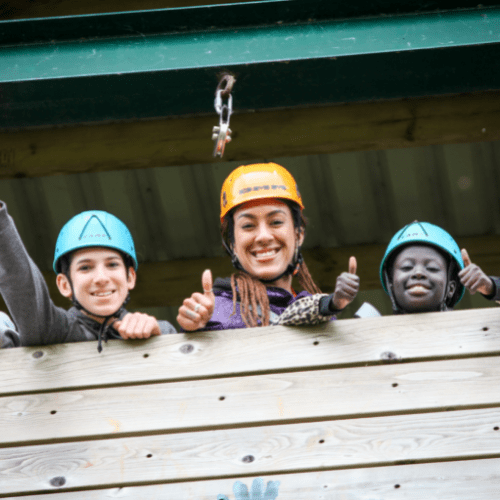Children and Young People’s Mental Wellbeing
5 Top Tips for Care Givers
Looking after children and young people’s mental wellbeing is just as important as looking after their physical health.
Winter can be an especially tough time to keep children and young people happy and engaged when we’re stuck inside–that’s why we’ve put together this list of ideas to support their mental wellbeing.
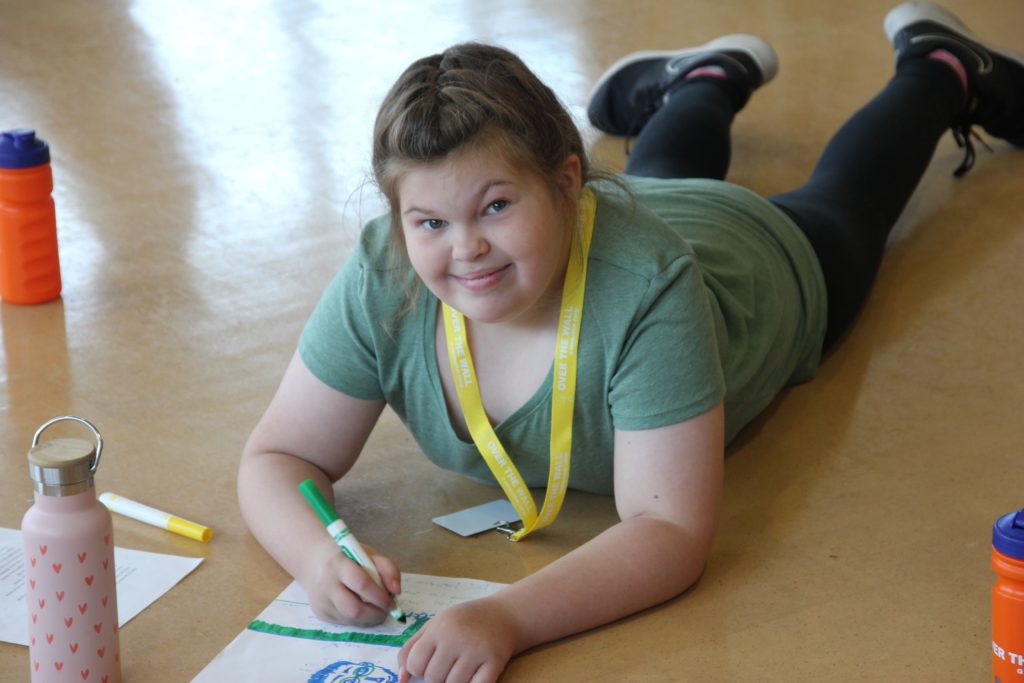
What is Mental Health and Mental Wellbeing?
Mental health includes our emotional, psychological and social wellbeing. This affects how we think, feel and act. For children, young people and adults, it can determine how we handle stress and relate to others.
We might use mental wellbeing to talk about how we’re feeling or how well we’re coping with daily life. Poor mental wellbeing can make it harder to cope with daily life. Whether you’re young or old, managing your mental wellbeing will help you reach your potential and enjoy what life has to offer.
Make Time for Play
At Over The Wall, we’re all about celebrating the mischief and magic of childhood–and what better way to do that than through play! Not only does play have an important role in improving a child or young person’s mental wellbeing, but it also improves their cognitive, physical and social wellbeing too. It’s a fantastic way to develop problem-solving skills too.
Freely chosen play is when a child or young person decides and controls their play without being controlled by adults. This allows them to follow their own instincts, interests and imagination.
Getting outside is a great way of combining play with exploring nature, but that isn’t always possible during the winter. Head over to Camp 365 where we have a range of fun rainy-day activities to explore, including our Wellbeing Box activity.
Mindfulness and Quiet Time
Mindfulness and meditation can be a helpful tool to aid relaxation and reflection. It’s also a great way of managing stress and anxiety. The best thing about mindfulness is that it doesn’t have to take long–even five minutes a day can make a difference!
Taking mindful moments throughout the day with your child or young person can encourage this healthy habit: think about practising gratitude or mindful eating. Encourage your child or young person to take moments on their own if they find it helpful. It’s a good reminder that, whether you’re four years old or eighty, everyone needs time to decompress and recharge!
Try these mindfulness resources suitable for children and young people.
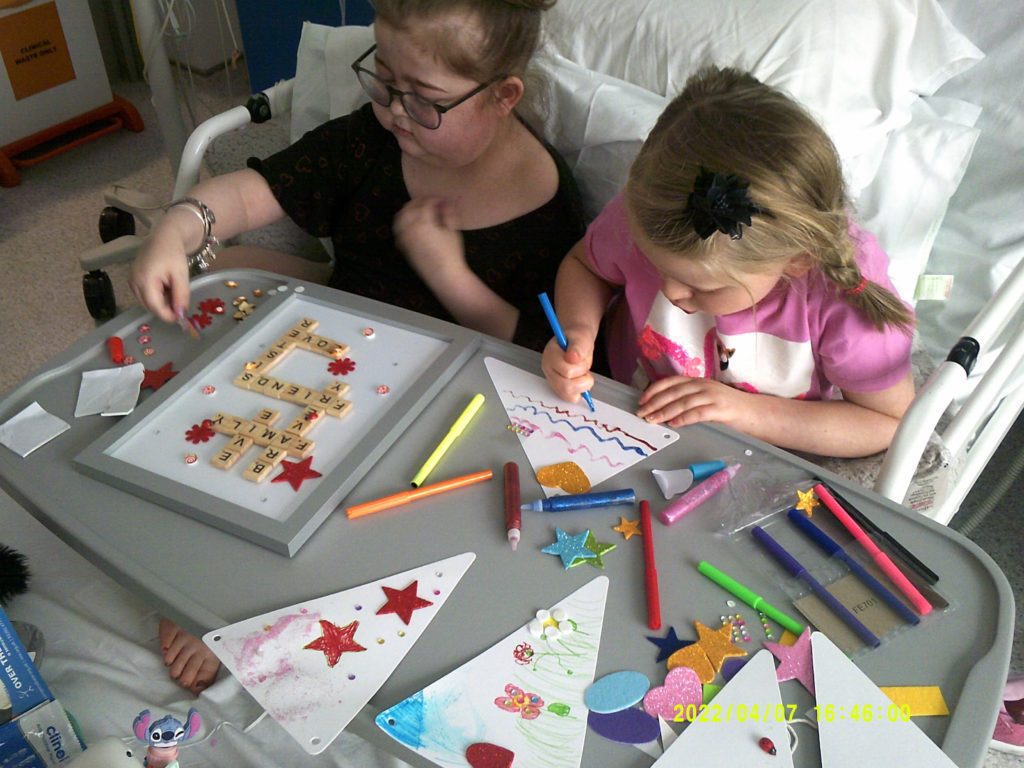
Talk Openly About Feelings
Communication is a part of everyday life, so encouraging children and young people to talk openly about their feelings will help you understand each other better. Lead by example on this one–have age-appropriate discussions about how you’re feeling and encourage them to do the same. A healthy dialogue will reassure them that they can come to you if they have questions or worries.
Be mindful that your child or young person may not always want to talk to you about something that’s bothering them–and that’s okay! Respect their decision and encourage them to talk openly to someone they trust: maybe a grandparent, relative or teacher.
Teach Healthy Ways to Manage Stress
Other than mindfulness and talking about feelings, things like writing exercises, getting outside and exercise can be great things to introduce to help manage stress.
Promoting a healthy lifestyle will also help maintain a child or young person’s mental wellbeing. By eating nourishing food, exercising and practising breathwork, you can help them learn the importance of looking after the body not just during stressful situations, but every day as well. Encourage them to notice how these things feel and how they can positively impact mental wellbeing. With this mindset, hopefully the whole family can start feeling a bit calmer.
Visit the Calm Zone for different stress-busting activities and exercises.
Let Them Know They’re Loved and Supported
Change can take time. Encouraging healthy habits should be more about improving your child or young person’s mental wellbeing than establishing hard and fast rules, so it’s important to let your child or young person know that they are loved and supported. Tell them directly and show them through your actions and behaviours. This lets them know they’re being listened to and understood–this can be especially important if the child or young person is struggling at school or feeling isolated.
These are just a few ways you can foster a positive mindset and promote good mental health with children and young people. The key is an open dialogue, encouraging talk through play and letting the child or young person lead. If however, you’re in any way concerned about the emotional and mental wellbeing of your child or young person, then don’t hesitate to speak to your GP. They can signpost you to helpful resources and organisations to suit your child or young person’s specific needs.
Learn more about looking after a child or young person’s mental health.
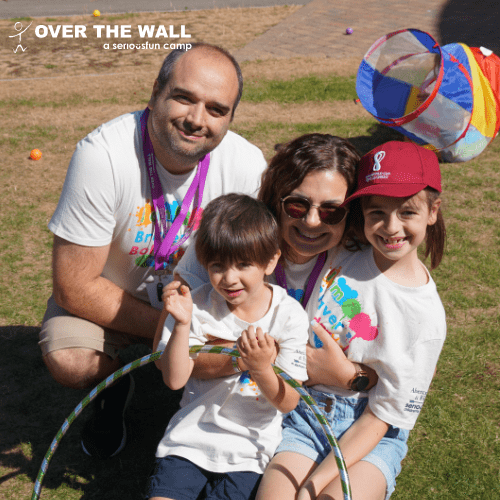
Over The Wall
Over The Wall is a UK-based children’s charity supporting children and young people with health challenges and their families. We provide free residential and virtual activity camps to give children and young people a second chance at childhood.
